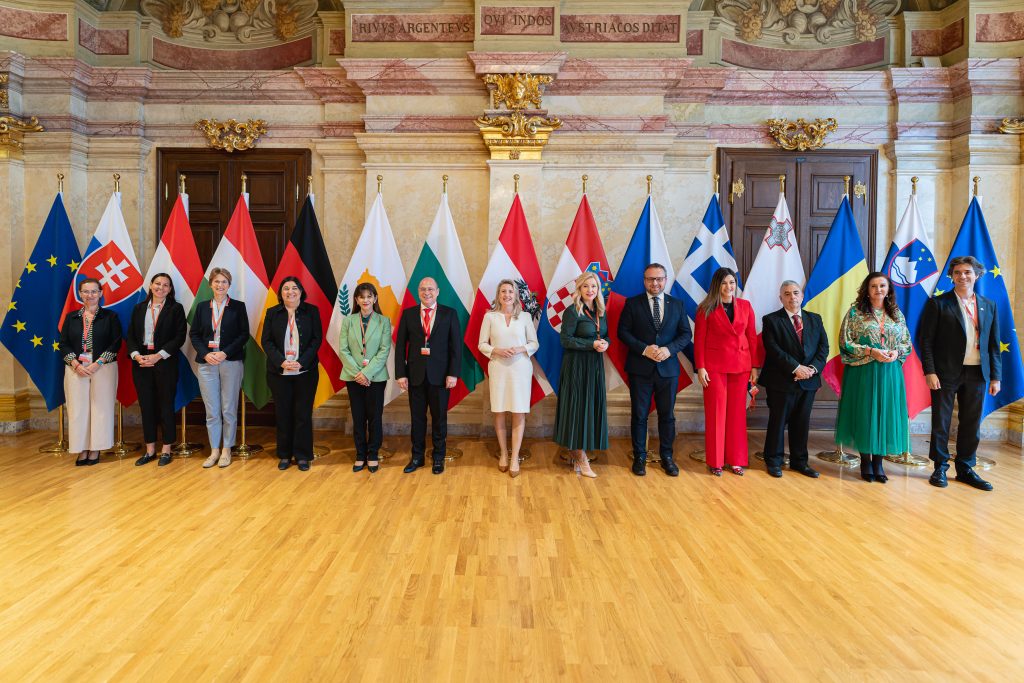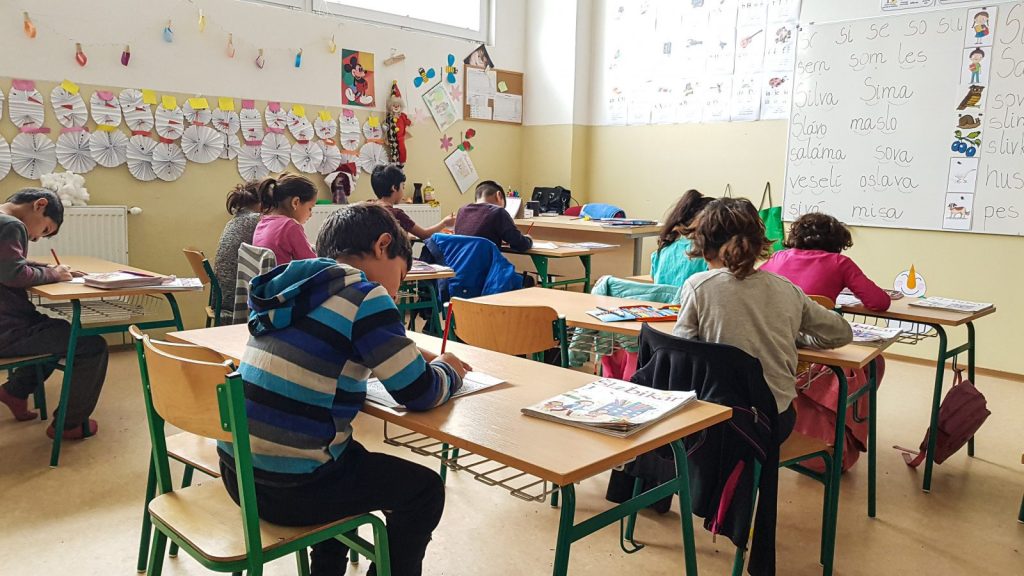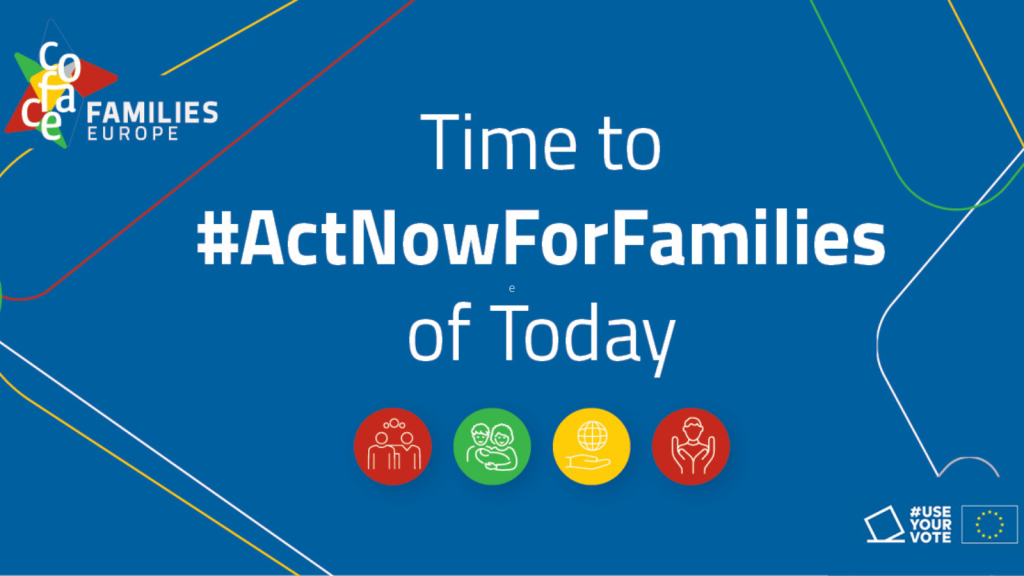The European Commission’s Directorate General for Education and Culture (DG EAC) published the final report of its Fifth European Summit, which is an annual event attended by EU officials, member states ministers and education stakeholders. The report summarises the main topics discussed at this high-level event which focuses on key trends in education and training. The theme selected for the Fifth Education summit “Bright Young Minds”, was an invitation to the youth to join and make their voices, ideas and visions heard for the future of education and training in Europe. In her keynote speech, Mariya Gabriel, Commissioner for Innovation, Research, Culture, Education & Youth stressed that it is up to the stakeholders attending the summit to actively contribute and make a reality for bright young minds to shape the Europe of the future.
As the Commission has officially adopted the proposal to make 2023 the European Year of Skills, to upscale trainings and life-long learning opportunities, it is key to work together to ensure that the EU is a thriving place for people to work and develop their skills.
COFACE Families Europe is also contributing to the European Year of Skills with the launch of a new e-learning course on school bullying management, the first course of the L.I.N.K. education programme for life-long learning on social rights co-launched with KMOP Greece at the end of 2022. The course on anti-bullying measures aims to boost the upskilling and reskilling of professionals in education. It is available in English and Greek and is split into three modules consisting of various activities and organised into learning paths to help students keep track of their progress. It has a double function of boosting education and non-discrimination, with positive impacts on children, families, and communities.
Try out the course here and spread the word: https://education-hub.kmop.org/l-i-n-k/
Photo: ©Getty Images via Canva.com





